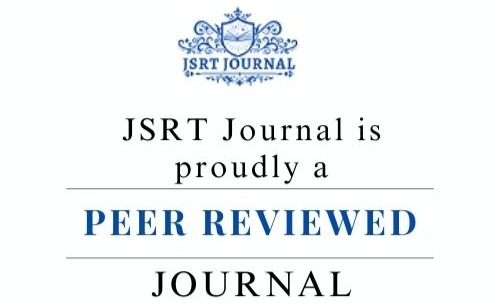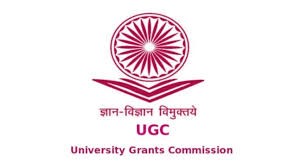Topological Insulators in Quantum Materials: Electronic Band Structure and Spin-Orbit Coupling Effects
Keywords:
Blockchain, Smart Contracts, Business Law, Decentralized Finance (DeFi), Decentralized Autonomous Organizations (DAOs), Tokenized Assets, Financial RegulationAbstract
Topological insulators (TIs) represent a fascinating class of quantum materials characterized by insulating bulk states and conductive surface or edge states protected by time-reversal symmetry. This article explores the electronic band structure and spin-orbit coupling (SOC) effects that underpin the unique properties of TIs, with objectives to elucidate their fundamental mechanisms, review recent advancements, and evaluate their potential in next-generation technologies. We investigate how SOC induces band inversion, leading to robust topological surface states, and analyze their implications for quantum transport and spintronics. Through a comprehensive literature review, we synthesize key findings from experimental and theoretical studies. Our methodology combines density functional theory (DFT) simulations and experimental data to model TI band structures and validate SOC-driven phenomena. Applications in quantum computing, spintronics, and energy-efficient electronics are discussed, highlighting TIs' potential to revolutionize device performance. Results demonstrate the critical role of SOC in stabilizing topological phases and the scalability of TI-based devices. This work underscores the importance of TIs in advancing quantum materials research and their transformative impact on technology.











